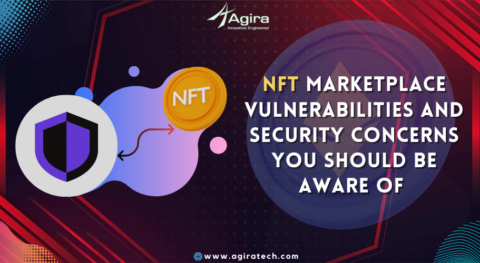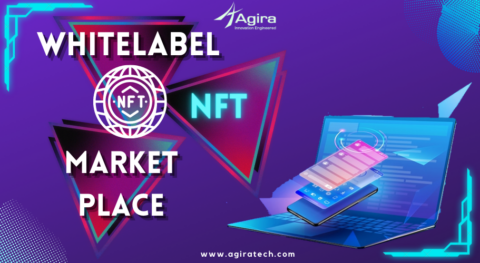DeFi, or Decentralized Fin
DeFi, or Decentralized Finance, has gained dominance over the crypto market in the FinTech sector. Like NFT, DeFi has opened gates to multiple opportunities that are too much to handle. DeFi is the digital version of banks and other financial services that leverages blockchain technology. Anyone from anywhere can transact 24×7 without disclosing their identity. So what is the need for DeFi KYC?
While the Defi industry grows, it attracts the attention of criminals to launder money. This drawback of DeFi continues to attract criminals looking to carry out illegal activities. The lack of regulatory measures resulted in the loss of $10.5 billion to DeFi scams in 2021. To set things under check, regulators suggest incorporating KYC solutions for DeFi. But asking for KYC (Know your customer) processes in DeFi seems unnatural as DeFi primarily focuses on anonymity.
Experts say that DeFi has the potential to replace traditional financial markets eventually, given that they comply with government regulations. Whether they pan out in a global financial market depends on the level of financial and security rules they adopt, including KYC/AML.
Pitfalls of DeFi
Despite its fast-paced innovation, experts have criticized DeFi for its lack of ‘ownership’. The core challenges faced with DeFi are:
Regulatory murkiness
DeFi’s legal status and vague regulations have raised concerns since the start. While cryptocurrency providers (VASPs) and exchanges recently come under close regulatory control, the debate over open-source software being effectively under control continues.
At users risk
Although users appreciate and benefit from the decentralized system, the risks of trading on DeFi are high. Users take full custody oAlthough users appreciate and benefit from the decentralized system, the risks of trading on DeFi are high. Users take full custody of their digital assets, and no organization is accountable if something goes wrong. If the user is a victim of fraud, misplaced a passcode, or mis-key a code, they risk losing it all.
Insufficient on-chain fraud detection
Native crimes, such as those on the blockchain themselves, are detected by many analysis firms. But crimes committed elsewhere and laundered via the crypto market are harder to identify because there is no address to track on the blockchain. Criminals can move their fiat directly into cryptocurrency without showing the funds’ source.
No accountability
Crypto exchange companies like Coinbase operate with a legal entity. But no central company or entity has control over decentralized exchanges like Uniswap. Hence, there is no single entity to hold accountable or sue.
Why do you need KYC for DeFi?
For the same reasons that DeFi offers limitless opportunities, it brings money laundering risks and fraud. The lack of a central governing authority made regulators struggle to comprehend and process DeFi applications. In October 2021, the Financial Action Task Force (FATF) issued new guidance for virtual asset service providers (VASPs) and identified DeFi as a VASP subject to regulation.
Onboard new customers
DeFi is global and captured global markets. To onboard and service customers from around the World, complying with the respective country-specific AML regulations helps. Big players like PayPal and Robinhood require mandatory KYC checks before integrating services. Therefore, complying with KYC and AML regulations opens DeFi to new user groups and mass adoption.
Security of personal data
KYC does not mean centralization as a whole. DeFi protocols could allow trusted third parties, identity providers to perform the KYC and verify the users instead of a central entity. Successful verification and AML screening create a whitelisted wallet address. This way, DeFi remains decentralized while boosting trust and security.
Can DeFi and KYC work together?
This discussion about KYC or not might eventually split DeFi. DeFi with regulations, AML compliance, transparency, and more reliability, and DeFi that is anonymous and unregulated. Users can choose sides depending on their requirements. But DeFi has to accept the neglect from a part of its target market.
Closing thoughts
DeFi has survived and gained a large number of users solely based on its anonymity. To gain mainstream adoption and support of institutional investors and retail customers, KYC is mandatory. Adopting KYC and AML regulations will open up larger markets for DeFi and help government agencies keep checking illegal activities. For more details on DeFi and compliance details, contact our Agiratech executive.










